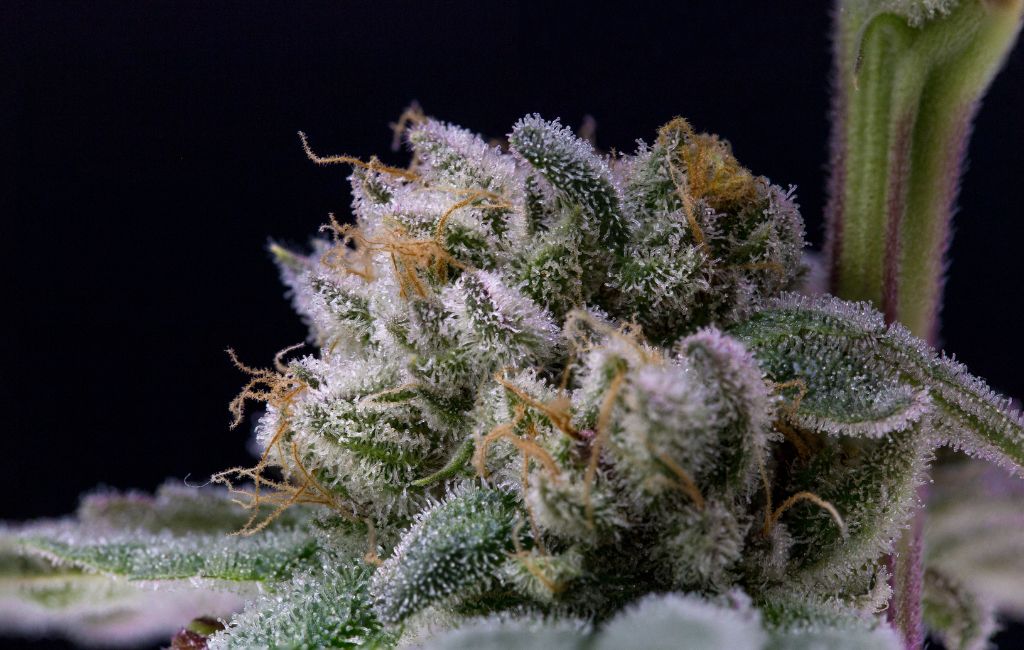THCa Flower: Healing Solutions

THCa Flower: Embrace Natural Healing Solutions
In recent years, the interest in natural healing solutions has surged, with many individuals seeking alternatives to traditional pharmaceuticals. Among these natural remedies, THCa flower has emerged as a promising option. This article explores the potential benefits of THCa flower, its uses, and the science behind its healing properties.
Understanding THCa: The Basics
THCa, or tetrahydrocannabinolic acid, is a non-psychoactive cannabinoid found in raw cannabis plants. Unlike THC, which is known for its psychoactive effects, THCa does not produce a “high.” This makes it an attractive option for those seeking therapeutic benefits without the mind-altering effects associated with THC.
The Science Behind THCa
THCa is the precursor to THC. When cannabis is heated through smoking, vaping, or cooking, THCa undergoes decarboxylation, converting into THC. In its raw form, THCa offers a range of potential health benefits without the psychoactive effects.
Potential Health Benefits of THCa Flower
Research into THCa is still in its early stages, but preliminary studies and anecdotal evidence suggest several potential health benefits:
- Anti-inflammatory Properties: THCa may help reduce inflammation, making it a potential option for those with inflammatory conditions such as arthritis.
- Neuroprotective Effects: Some studies indicate that THCa may have neuroprotective properties, which could be beneficial for neurodegenerative diseases.
- Anti-emetic Benefits: THCa has shown promise in reducing nausea and vomiting, particularly in patients undergoing chemotherapy.
- Appetite Stimulation: THCa may help stimulate appetite, which can be beneficial for individuals with conditions that cause appetite loss.
Case Studies and Research
While comprehensive clinical trials are limited, several case studies highlight the potential of THCa. For instance, a study published in the British Journal of Pharmacology found that THCa exhibited anti-inflammatory and neuroprotective effects in animal models. Another study in the Journal of Clinical Investigation suggested that THCa could reduce nausea and vomiting in chemotherapy patients.
How to Use THCa Flower
THCa flower can be consumed in various ways, each offering unique benefits:
- Raw Consumption: Consuming raw cannabis leaves or flowers in smoothies or salads preserves THCa in its natural form.
- Tinctures and Oils: THCa tinctures and oils provide a convenient way to incorporate THCa into your daily routine.
- Topicals: THCa-infused creams and balms can be applied directly to the skin for localized relief.
Considerations for Use
When using THCa flower, it’s important to source products from reputable suppliers to ensure quality and potency. Consulting with a healthcare professional can also provide guidance tailored to individual health needs.
The Future of THCa in Natural Healing
As research into cannabinoids continues, the potential of THCa as a natural healing solution is becoming increasingly recognized. With its non-psychoactive properties and potential health benefits, THCa flower represents a promising option for those seeking alternative therapies.
Statistics and Market Trends
The global cannabis market is projected to grow significantly, with an increasing focus on non-psychoactive cannabinoids like THCa. According to a report by Grand View Research, the global legal marijuana market size was valued at USD 9.1 billion in 2020 and is expected to expand at a compound annual growth rate (CAGR) of 26.7% from 2021 to 2028.
Conclusion
THCa flower offers a natural healing solution with a range of potential health benefits. From its anti-inflammatory and neuroprotective properties to its ability to reduce nausea and stimulate appetite, THCa presents a compelling option for those seeking alternatives to traditional medicine. As research progresses, the understanding and acceptance of THCa in the realm of natural healing are likely to grow, providing new opportunities for health and wellness.